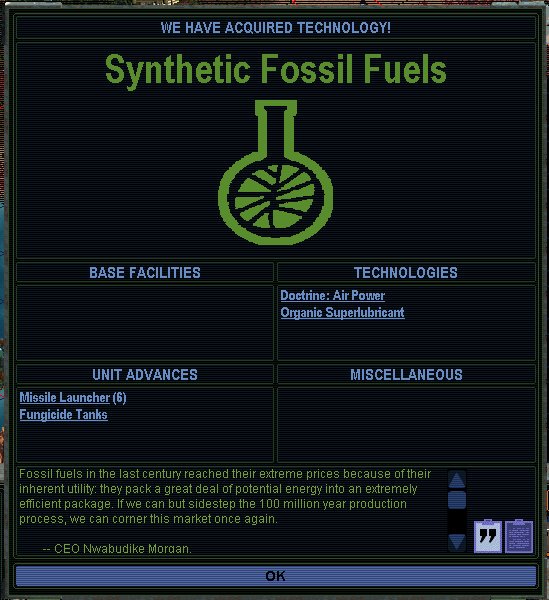Here are some recent numbers for fossil-fuel prices and electricity-generation efficiencies.
I'll use these recent US numbers:
Coal Prices and Coal Price Charts - InvestmentMine
Petroleum -- 60.49 $/bbl
Natural Gas -- 2.93 $/mmBTU
Thermal Coal CAPP -- 51.25 $/st
CAPP = Central Appalachian
How much coal, natural gas, or petroleum is used to generate a kilowatthour of electricity? - FAQ - U.S. Energy Information Administration (EIA)
1,842 kWh per ton of Coal
127 kWh per Mcf (1,000 cubic feet) of Natural gas
533 kWh per barrel of Petroleum
Assumptions:
Power plant heat rate -> energy efficiency
Coal = 10,498 Btu/kWh -- 33% (steam engine)
Natural gas = 8,039 Btu/kWh -- 42% (combined cycle: combustion turbine + steam engine)
Petroleum = 10,991 Btu/kWh -- 31% (steam engine)
Fuel heat contents
Coal = 19,336,000 Btu per short ton (2,000 lbs) Note: heat contents of coal vary widely by types of coal.
Natural gas = 1,023,000 Btu per 1,000 Cubic Feet (Mcf)
Petroleum = 5,861,814 Btu per Barrel (42 gallons) Note: Heat contents vary by type of petroleum product.
So I find ($/kWh):
Oil: 0.113
NatGas: 0.024
Coal: 0.028
That makes crude oil about 4.3 times more expensive for generating electricity than natgas or coal. That also makes the raw energy content of oil cost 0.035 $/kWh, about 1.35 the cost of electrical energy generated by natgas or coal.
Using a natgas-coal average, 0.026 $/kWh, if production of some synfuel is only 50% efficient in applied electrical energy, then that synfuel's energy content will cost 0.052 $/kWh. But if the price of oil goes up by a factor of 2, then its raw energy content will cost 0.070 $/kWh, and the synfuel will undersell oil.
Also, since wind and solar electricity generation are still-growing technologies, their price per unit electricity may drop further. If they drop by a factor of 2, then that will cancel out my assumed 50% synfuel efficiency factor.
Let us now turn from petroleum to refined products: various hydrocarbons extracted from it.
I checked on various petroleum-derived fuel products, and I found these numbers for the US as of today (
Today in Energy - Daily Prices - Prices - U.S. Energy Information Administration (EIA), Feb 27, 2015):
Propane: $0.60 / gallon
Gasoline: $1.60 - $2.00 / gallon -- will use $1.80 / gallon
Diesel Fuel: $2.00 - $2.30 / gallon -- will use $2.15 / gallon
Heating Oil: $1.80 - $2.10 / gallon -- will use $1.95 / gallon
Densities from
Liquids - Densities
Propane: 0.4935, Gasoline: 0.737, Diesel fuel: 0.885, Heating oil: 0.920 all g/cm^3
Marine-grade bunker fuel is a bottom-of-the-barrel petroleum product in a very literal sense: it's what's left over after the lighter hydrocarbons are distilled off. Source:
Bunkerworld Prices, as of Feb 23, 2015, avg. of IFO380 prices available to unregistered users.
Cost per unit weight: Propane: 0.32, Gasoline: 0.65, Diesel fuel: 0.64, Heating oil: 0.56, Bunker fuel: 0.34 -- all $/kg
Energy content:
Energy density - Wikipedia,
Energy Content in Common Energy Sources
Working out the numbers, I find these energy-cost values:
Propane: 0.023, Gasoline: 0.050, Diesel Fuel: 0.050, Heating Oil: 0.043, Bunker Fuel: 0.026 -- all $/kWh
I'd earlier calculated that the comparable cost for petroleum is 0.035 $/kWh. Using the Engineering Toolbox's numbers and the current price of petroleum, it's 0.036 $/kWh.
To get an idea of how much gasoline and crude-oil prices are correlated, I checked
Trends in Crude Oil and Gasoline Prices | farmdocdaily.illinois.edu. Their correlation is remarkably good. So one gets a gasoline-to-petroleum energy-price ratio of about 1.4.
My estimate of a natgas-coal avereage, 0.026 $/kWh, suggests that electricity-generated synfuels will almost be competitive with gasoline and diesel fuel for a production efficiency of 50%. However, it will need 100% efficiency to compete with bunker fuel, something unfeasible.

